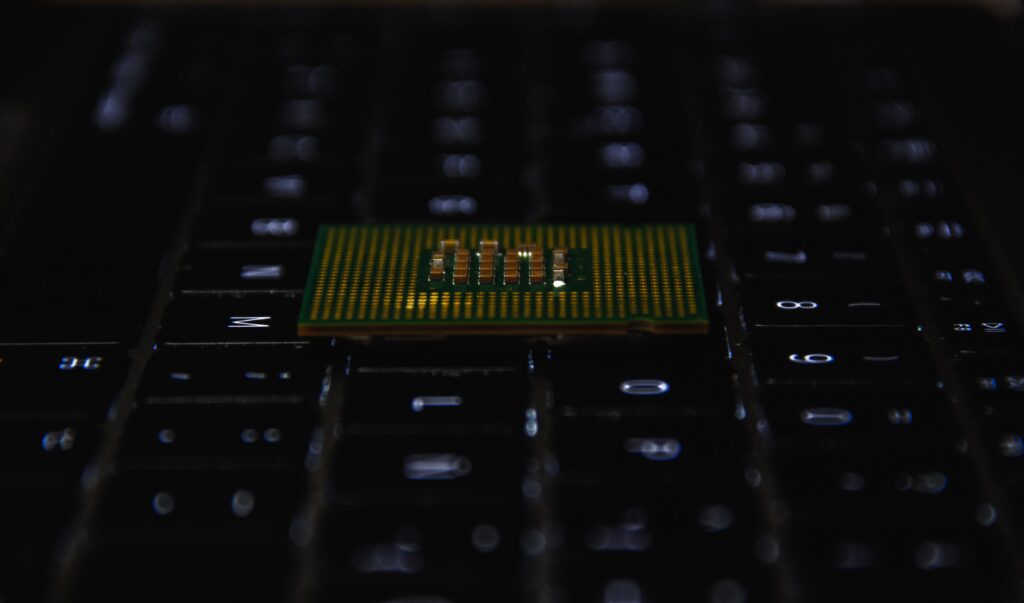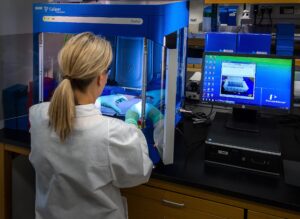
Mobile computing has revolutionized the way we interact with technology, enabling us to stay connected, productive, and entertained on the go. This article explores the evolution, benefits, and impact of mobile computing in today’s digital landscape. From the early days of feature phones to the advanced smartphones and tablets we use today, mobile computing has become an integral part of our daily lives. This technology trend has transformed various industries, ranging from communication and commerce to healthcare and entertainment. Let’s delve deeper into the world of mobile computing and uncover its significance in our increasingly connected world.
Mobile computing has come a long way, evolving from basic PDAs to powerful smartphones and tablets. Its impact can be felt across various industries, enabling seamless communication, enhancing productivity, and transforming the way we consume content and conduct business.
The Evolution and Impact of Mobile Computing
As technology continues to advance, we can expect mobile computing to further evolve, integrating emerging technologies like augmented reality and 5G connectivity. Mobile devices have become an indispensable part of our lives, empowering us to stay connected, informed, and productive in our increasingly connected world.
Evolution of Mobile Computing:
The journey of mobile computing dates back to the late 20th century when the concept of portable computers began to emerge. The first handheld devices, such as Personal Digital Assistants (PDAs), were introduced, offering basic computing functionalities like note-taking, calendars, and contacts. However, it was the launch of the BlackBerry in 1999 that brought mobile email and messaging capabilities to the forefront, marking a significant milestone in mobile computing.
In the early 2000s, the introduction of smartphones, such as the Palm Treo and Nokia Communicator, further transformed mobile computing. These devices combined telephony, messaging, and internet capabilities, allowing users to access emails, browse the web, and install third-party applications. The advent of Apple’s iPhone in 2007 revolutionized the industry, introducing a user-friendly interface and a vibrant app ecosystem that set new standards for mobile computing.
The subsequent rise of Android-powered devices offered users a wider choice of hardware and software options, fueling the rapid growth of the mobile computing market. Over the years, smartphones evolved to offer powerful processors, larger screens, enhanced cameras, and seamless connectivity, making them indispensable tools for work, communication, and entertainment.

Benefits of Mobile Computing:
Mobile computing offers numerous benefits that have transformed the way we live and work. One of the primary advantages is the ability to stay connected anytime, anywhere. With mobile devices, we can make calls, send messages, and access the internet on the go, enabling seamless communication and collaboration.
Mobile computing also enhances productivity by providing access to work-related resources, such as emails, documents, and project management tools. This allows professionals to stay productive while away from their desks, leading to increased efficiency and flexibility in the modern workplace.
Furthermore, mobile computing has revolutionized the e-commerce industry. With mobile devices, consumers can shop online, compare prices, and make secure transactions, driving the growth of mobile commerce or m-commerce. This trend has opened up new business opportunities, allowing companies to reach a wider customer base and personalize their marketing strategies.
Impact on Industries:
Mobile computing has had a profound impact on various industries, reshaping the way they operate and interact with their customers. In the healthcare sector, mobile devices have enabled the development of telemedicine and remote patient monitoring, allowing healthcare professionals to provide virtual consultations and track patients’ health data from a distance. This has improved access to healthcare services, especially in remote areas, and enhanced patient outcomes.
The entertainment industry has also witnessed a significant shift due to mobile computing. Streaming platforms and mobile apps have become the preferred way for consumers to access music, movies, and games. Mobile gaming, in particular, has experienced explosive growth, with smartphones offering high-performance processors and immersive displays, delivering console-like gaming experiences in the palm of our hands.
Moreover, mobile computing has transformed the way we consume news and information. News apps and social media platforms deliver real-time updates and personalized content, enabling users to stay informed and connected with the world around them.
The retail industry has embraced mobile computing to enhance the shopping experience. Mobile payment solutions like Apple Pay and Google Pay have revolutionized transactions, providing convenience and security. Additionally, retailers leverage location-based services and personalized offers to engage customers and drive foot traffic to their stores.
Unique points on mobile computing:
- Mobile Computing and Internet of Things (IoT): Mobile devices play a crucial role in the IoT ecosystem, enabling connectivity and communication between various smart devices. They act as the gateway for users to control and monitor IoT devices, such as smart home appliances, wearable devices, and connected cars, providing convenience and automation in our daily lives.
- Mobile Computing and Artificial Intelligence (AI): The integration of AI technologies, such as voice assistants and predictive algorithms, has significantly enhanced the capabilities of mobile devices. AI-powered virtual assistants like Siri, Google Assistant, and Alexa offer personalized recommendations, voice recognition, and natural language processing, making interactions with mobile devices more intuitive and seamless.
- Mobile Computing and Mobile Health (mHealth): The advancement of mobile computing has given rise to mHealth applications, which leverage mobile devices to monitor and track health-related data. From fitness trackers to medical diagnostic tools, mobile apps have empowered individuals to take control of their health, leading to the rise of telehealth services and remote patient monitoring.
- Mobile Computing and Mobile Payments: Mobile computing has revolutionized the way we make payments. The introduction of mobile payment solutions, such as mobile wallets and payment apps, has made transactions more convenient and secure. Users can now make purchases using their smartphones, eliminating the need for physical wallets and cards.
- Mobile Computing and Mobile Learning (mLearning): Mobile devices have transformed the education landscape, enabling mobile learning opportunities. With educational apps, e-books, and online courses, students can access educational resources anytime, anywhere. Mobile computing has opened up new avenues for personalized and flexible learning, catering to individual learning styles and preferences.
- Mobile Computing and Augmented Reality (AR): Augmented reality has gained significant traction in mobile computing, enhancing user experiences and interactions. Mobile AR applications overlay digital information onto the real world, offering immersive experiences in gaming, shopping, navigation, and more. The integration of AR capabilities in mobile devices has unlocked new possibilities in various industries, including retail, entertainment, and marketing.




